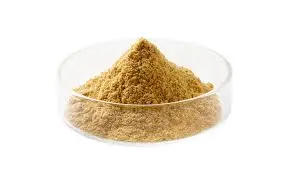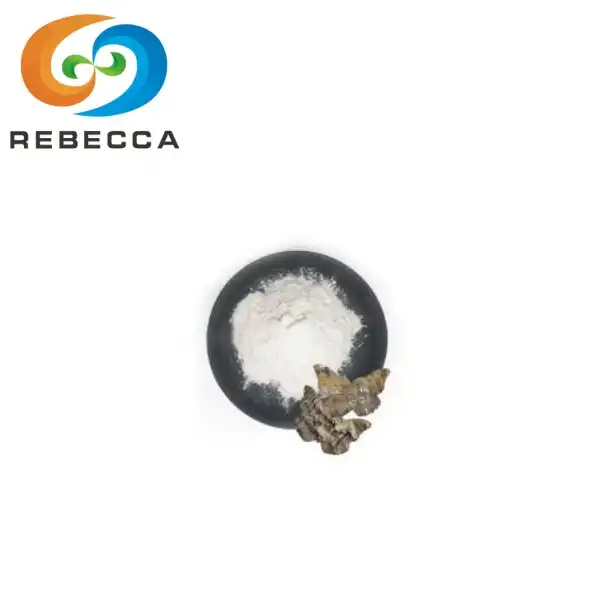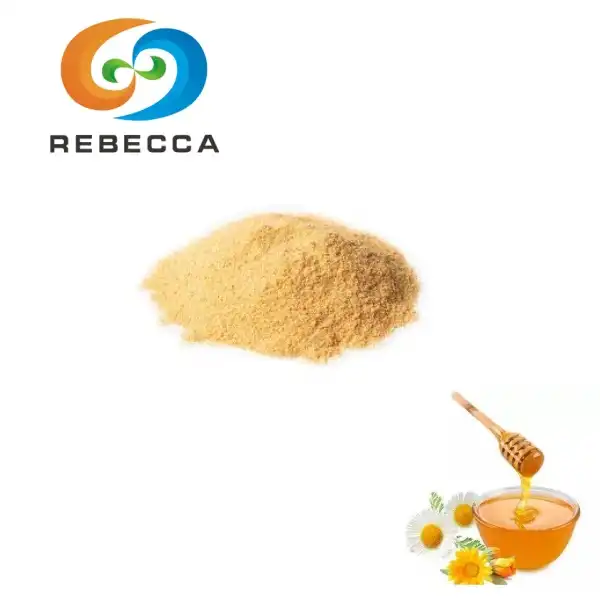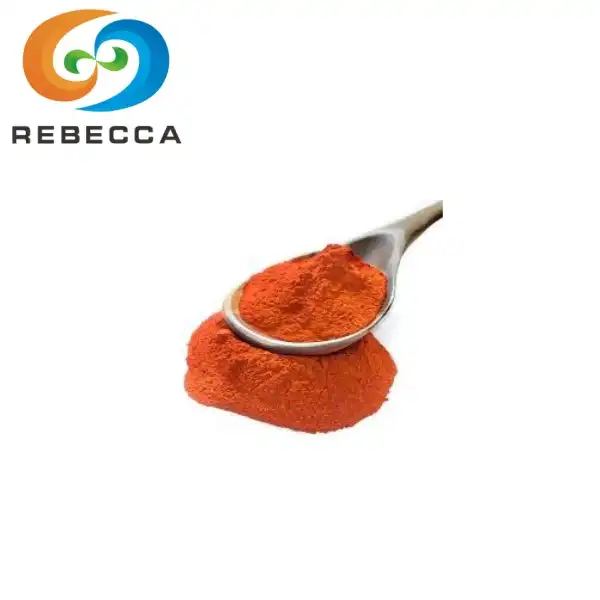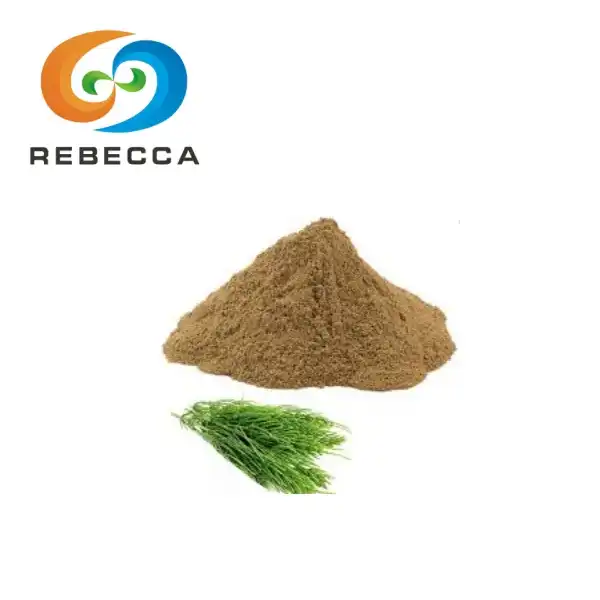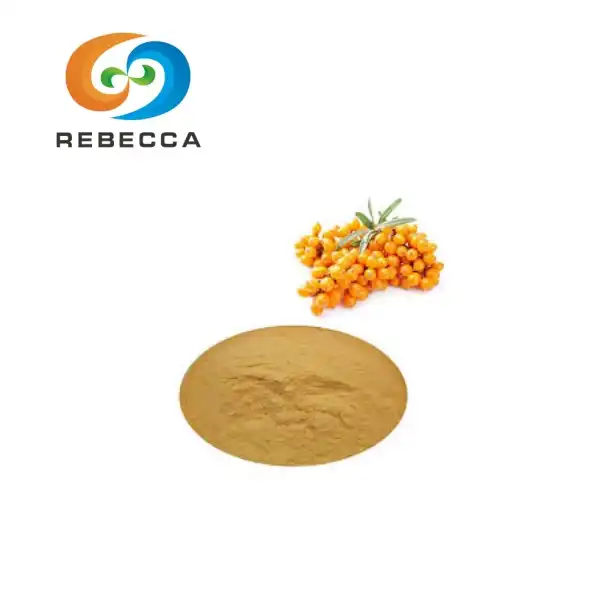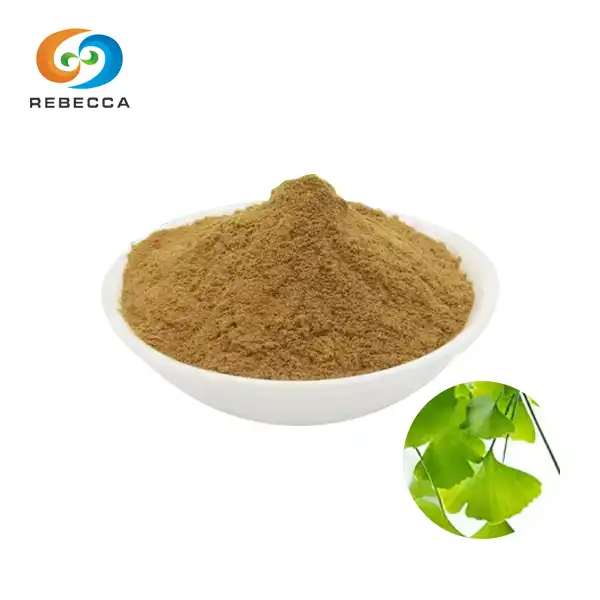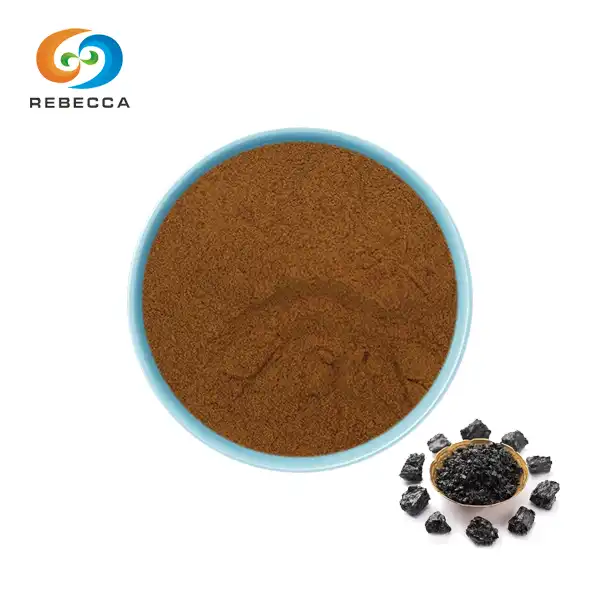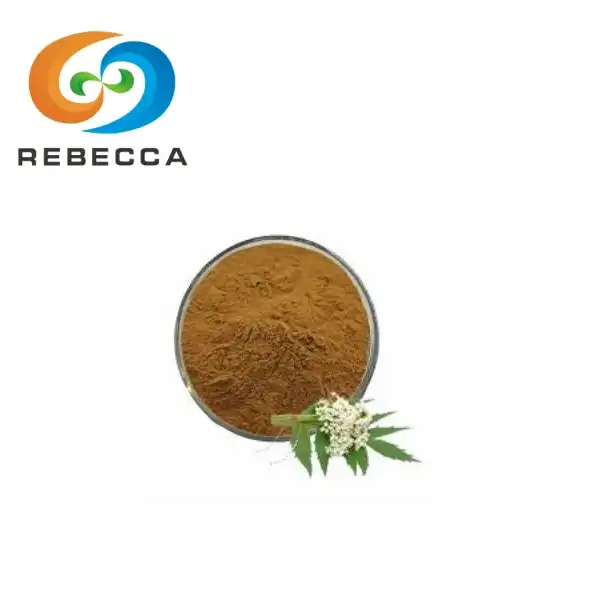Benefits of Using the Best Fucoxanthin Powder
Fucoxanthin, a carotenoid pigment found in brown seaweeds like Laminaria japonica, has garnered significant attention for its potential health benefits. The best fucoxanthin powder offers a concentrated form of this compound, allowing for easy incorporation into your daily routine.
Metabolic Support and Weight Management
One of the most notable benefits of fucoxanthin is its potential to support healthy metabolism and weight management. Research suggests that fucoxanthin may help increase the expression of thermogenin, a protein involved in fat burning. This mechanism could contribute to improved energy expenditure and fat oxidation, particularly in abdominal fat cells.

Antioxidant Properties
Fucoxanthin exhibits potent antioxidant properties, helping to neutralize harmful free radicals in the body. This action may contribute to cellular health and protect against oxidative stress, which is implicated in various chronic diseases and aging processes.

Cardiovascular Health Support
Studies indicate that fucoxanthin may support cardiovascular health by helping to maintain healthy cholesterol levels and promoting proper blood flow. These effects could contribute to overall heart health and reduce the risk of cardiovascular issues.‘

Potential Anti-Inflammatory Effects
Emerging research suggests that fucoxanthin may possess anti-inflammatory properties. By modulating inflammatory pathways, fucoxanthin could help support a balanced immune response and overall well-being.

Fucoidan vs. Fucoxanthin: Key Health Roles
While both fucoidan and fucoxanthin are derived from brown seaweeds, they play distinct roles in supporting health. Understanding these differences can help you choose the most appropriate supplement for your specific needs.
Fucoidan: Immune Support and Beyond
Fucoidan is a complex sulfated polysaccharide found in the cell walls of various species of brown seaweed. Its primary health roles include:
- Immune system enhancement: Fucoidan has been shown to stimulate various components of the immune system, potentially improving the body's defense against pathogens.
- Anti-inflammatory properties: Research suggests that fucoidan may help modulate inflammatory responses in the body.
- Antiviral activity: Some studies indicate that fucoidan may possess antiviral properties, potentially offering protection against certain viral infections.
- Cardiovascular support: Fucoidan may help maintain healthy blood pressure and cholesterol levels, contributing to overall heart health.
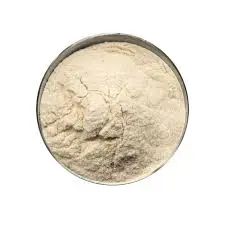
Fucoxanthin: Metabolic and Cellular Health
Fucoxanthin, on the other hand, is a carotenoid pigment with a unique molecular structure. Its key health roles include:
- Metabolic support: As mentioned earlier, fucoxanthin may help boost metabolism and support healthy weight management.
- Antioxidant activity: Fucoxanthin's potent antioxidant properties can help protect cells from oxidative damage.
- Liver health support: Some research suggests that fucoxanthin may help maintain healthy liver function and protect against liver damage.
- Potential anti-cancer properties: Preliminary studies indicate that fucoxanthin may have anti-cancer effects, though more research is needed in this area.
Complementary Effects
While fucoidan and fucoxanthin have distinct primary roles, they can work synergistically to support overall health. For example, their combined anti-inflammatory and antioxidant properties may offer comprehensive protection against cellular damage and chronic diseases.
How to Choose the Best Fucoxanthin Supplement?
Selecting a high-quality fucoxanthin supplement requires careful consideration of several factors. Here's what to look for when choosing the best fucoxanthin powder:
Source and Purity
Opt for fucoxanthin derived from high-quality brown seaweed sources, such as Laminaria japonica. Look for products that specify the source and ensure a high level of purity. The best fucoxanthin supplements should have a purity of ≥98%, as indicated by advanced testing methods like UV spectrophotometry or gas chromatography (GC).
Concentration
Check the concentration of fucoxanthin in the product. High-quality supplements typically offer fucoxanthin concentrations ranging from 5% to 50%, as determined by UV spectrophotometry. Higher concentrations may provide more potent effects, but it's essential to follow recommended dosages.
Extraction Method
Consider the extraction method used to obtain the fucoxanthin. Advanced extraction techniques that preserve the compound's natural structure and bioactivity are preferred. Some manufacturers use proprietary extraction methods to enhance the stability and bioavailability of fucoxanthin.
Additional Ingredients
Some fucoxanthin supplements may contain additional beneficial compounds, such as fucoidan or other seaweed polysaccharides. These can offer complementary health benefits. However, ensure that these additional ingredients don't dilute the fucoxanthin content.
Form and Bioavailability
Fucoxanthin is available in various forms, including powder, capsules, and liquid extracts. Consider your preference and lifestyle when choosing. Some products may offer enhanced bioavailability through special formulations or delivery systems.
Third-Party Testing
Look for products that undergo third-party testing for quality, purity, and potency. This ensures that the supplement meets the claimed specifications and is free from contaminants.
Manufacturer Reputation
Choose supplements from reputable manufacturers with a track record of producing high-quality natural products. Research the company's history, manufacturing practices, and customer reviews.
By considering these factors, you can select a fucoxanthin supplement that offers the best quality and potential health benefits. Remember to consult with a healthcare professional before adding any new supplement to your routine, especially if you have pre-existing health conditions or are taking medications.
Dosage and Usage
The optimal dosage of fucoxanthin can vary depending on individual factors and the specific product used. Most studies have used doses ranging from 2.4 to 16 mg per day. However, it's crucial to follow the manufacturer's recommended dosage or consult with a healthcare provider for personalized advice.
Fucoxanthin is typically fat-soluble, meaning it's best absorbed when taken with a meal containing some dietary fat. Some formulations may include ingredients to enhance absorption, such as medium-chain triglycerides (MCTs) or phospholipids.
Potential Side Effects and Precautions
While fucoxanthin is generally considered safe when used as directed, it's important to be aware of potential side effects and take necessary precautions:
- Allergies: Individuals with shellfish or iodine allergies should exercise caution when using seaweed-derived supplements.
- Thyroid function: Fucoxanthin may affect thyroid function due to its iodine content. Those with thyroid disorders should consult their healthcare provider before use.
- Interactions: Fucoxanthin may interact with certain medications, including blood thinners and diabetes medications. Always inform your healthcare provider about all supplements you're taking.
- Pregnancy and breastfeeding: Due to limited research, pregnant or breastfeeding women should avoid fucoxanthin supplements unless directed by a healthcare professional.
Conclusion
Understanding the differences between fucoidan and fucoxanthin can help you make informed decisions about your supplement regimen. While both offer unique health benefits, fucoxanthin stands out for its potential metabolic support and antioxidant properties. When choosing a fucoxanthin supplement, prioritize quality, purity, and reputable manufacturing practices. For more information about the best fucoxanthin powder and other natural herbal extracts, please contact us at information@sxrebecca.com.
_1730691017423.webp)




